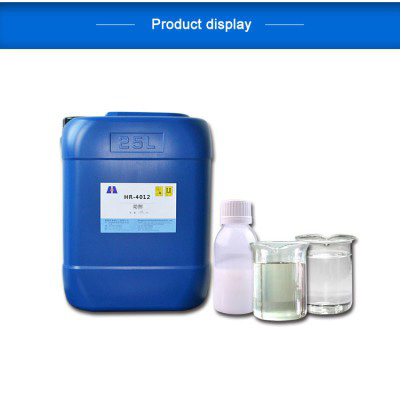Austria The Function and Use of Defoaming Agents for Electroplating Wastewater Treatment(2)
The study of foam can be traced back to Plato's time, but for hundreds of years, people have not formed a unified understanding of the definition of foam. American colloid chemist L · I · Osipow and Dow Corning's R · F · Smith defined foam from the density of foam; Japan's Koichi Ito defined foam from the perspective of foam structure, but ignored the correlation between bubbles; Professor Zhao Guoxi, a famous surface physicist in China, defined foam as: foam is a dispersion system in which gas is dispersed in liquid, gas is a dispersed phase (discontinuous phase), and liquid is a dispersion medium (continuous phase). Bubbles in liquid rise to the liquid surface, forming a bubble aggregate composed of a small amount of liquid that separates gas with liquid film. Scholars at home and abroad agree that foam itself is a thermodynamic unstable system. When the gas enters the solution containing surfactant, it will form a long-term stable foam system.
black
agent
Austria Defoaming agent for electroplating wastewater treatment is specially used to treat wastewater generated during cleaning, filtration, and processing in electroplating production. Due to the comple ly not obvious to just wait for its own dissipation, and there may be splashes at any time, spilling over and polluting surrounding links, causing unnecessary trouble. Defoamer for electroplating wastewater treatment is a shortcut to solve this kind of foam problem. For the electroplating treatment scenario system, foam can be easily eliminated, and secondary foam will not appear for a long time. No oil bleaching, demulsification, high temperature shear resistance, and subsequent works will not be affected.
water-based
Application Scenarios of Defoaming Agents for Electroplating Wastewater Treatment
and
anti-oil

Austria Defoaming agents for electroplating wastewater treatment have low surface tension and are insoluble in foaming media. Adding them to electroplating wastewater will not affect chemical substances such as biological bacteria in the water, and will not change the water quality and its basic system. In addition, high temperature resistance, acid and alkali resistance are also important characteristics. Electroplating wastewater contains alkali and other harsh environmental factors. Defoaming agents for electroplating wastewater treatment can quickly adapt to achieve rapid defoaming and long-term foam inhibition. Excellent water solubility can quickly dissolve with wastewater systems, achieving results.
